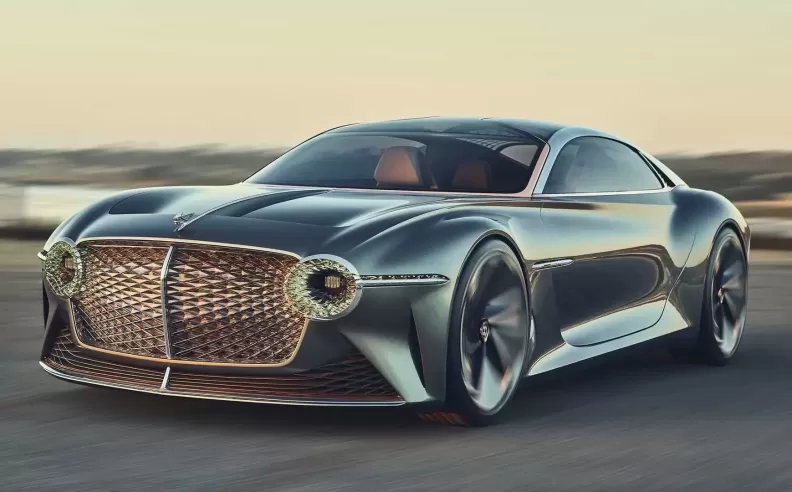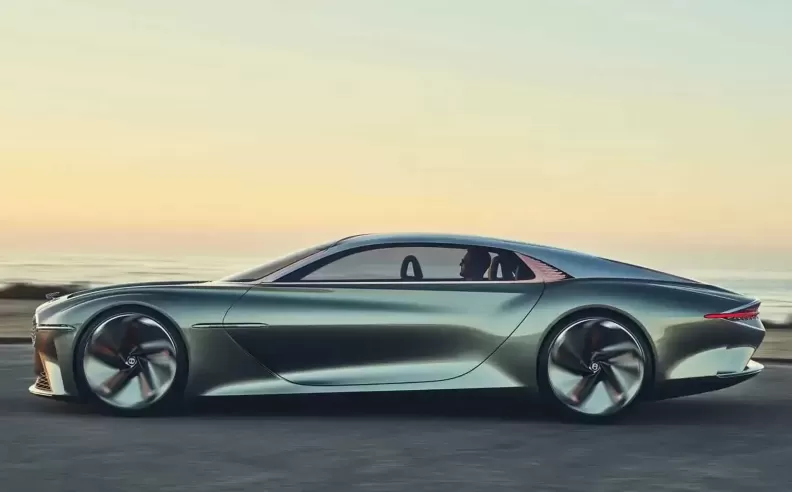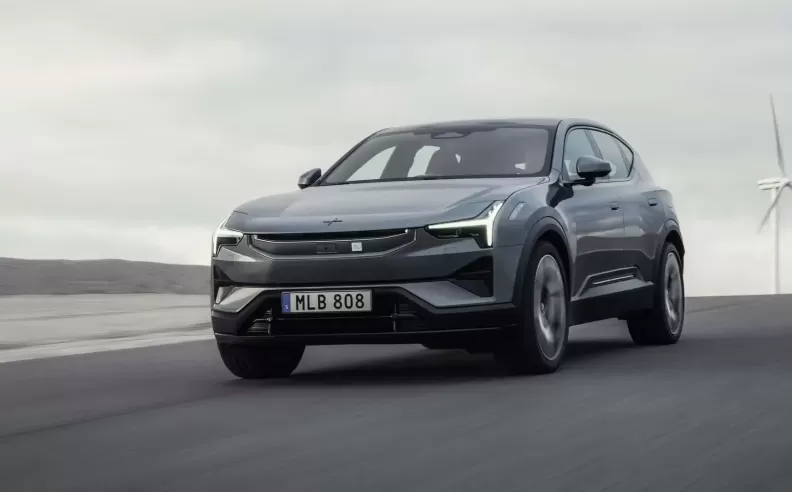
For Bentley enthusiasts eagerly awaiting the luxury automaker's foray into the electric vehicle (EV) market, the news is anything but electrifying. In a disappointing turn of events, Bentley has announced a significant delay in its electric vehicle plans, pushing back its first EV model's release to 2027. What's more, the company has also decided to postpone its ambition to go fully electric until 2033, adding another three years to the timeline.
CEO Adrian Hallmark cited technical difficulties, primarily stemming from software issues and platform-related concerns, as the primary reasons behind the delay. It seems Bentley's journey towards electrification is fraught with challenges, hindering its ability to meet the ambitious targets it had set for itself.

Originally slated for a 2025 debut, Bentley's inaugural electric model will now only see the light of day towards the end of 2026. This setback is undoubtedly disappointing for consumers who have been eagerly anticipating Bentley's entry into the EV market. With customer deliveries not commencing until 2027, the wait for a fully electric Bentley just got a whole lot longer.
Moreover, Bentley's revised timeline for achieving full electrification paints a grim picture for those hoping to see the luxury brand embrace sustainable mobility sooner rather than later. Pushing back the deadline to 2033 signals a significant delay in Bentley's commitment to transitioning away from gasoline-powered vehicles.
The decision to delay the EV rollout shouldn't come as a surprise, given Bentley's track record of missed targets. The company's initial plans for electric models, including the Macan and Q6 E-Tron, also faced delays, further highlighting the challenges it faces in adapting to the electric future.
In the meantime, Bentley is doubling down on plug-in hybrids, investing heavily in a new wave of PHEVs to meet rising demand. While the company had initially anticipated a decline in hybrid demand towards the end of the decade, it is now scrambling to cater to a market that shows no signs of slowing down.
The delay in electrification also means bidding farewell to the iconic W-12 engine, which will be phased out with the introduction of high-performance plug-in hybrid setups. While these hybrids may offer a glimpse into Bentley's electric future, they serve as a stark reminder of the company's struggles to adapt to changing consumer preferences and regulatory pressures.
As Bentley grapples with its electrification woes, competitors continue to gain ground in the EV market, leaving the luxury automaker playing catch-up. With each delay, Bentley risks falling further behind its rivals, jeopardizing its position in an increasingly competitive landscape.

Wael is an automotive content writer specializes in creating written content for Motor 283. Producing a wide range of content, including blog posts, articles, product descriptions, reviews, and technical guides related to cars, trucks, motorcycles, and other vehicles, with an unprecedented passion for cars, and motorcycles.

